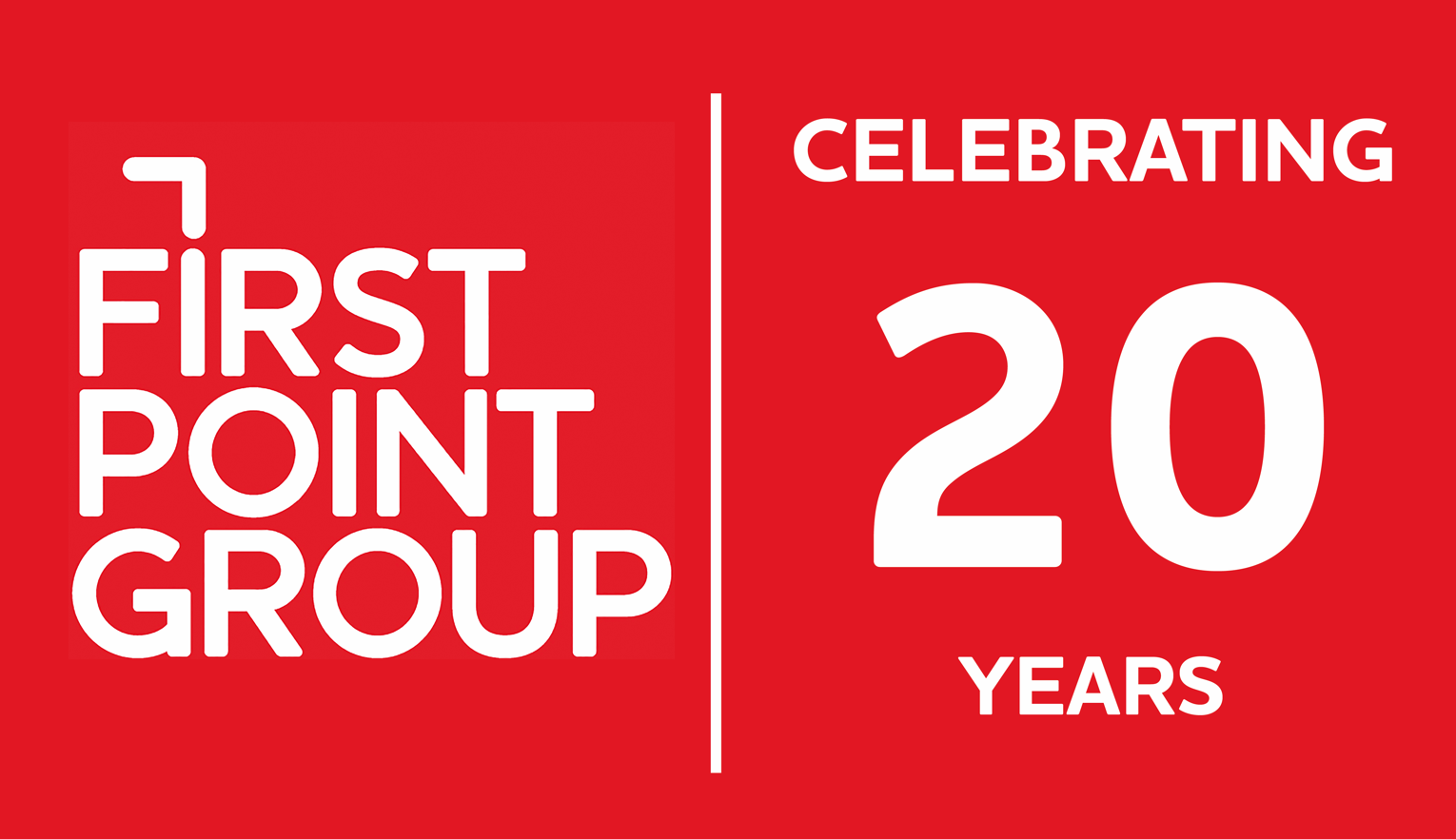
Artificial Intelligence (AI) continues to be a transformative force in many industries across the globe. In telecommunications specifically, the advent and growth of AI computer systems has significantly accelerated the capabilities of these companies, pushing them toward continually improved services.
What does this mean for customers, employees, and the industry as a whole?
The cloud has become a pivotal element in modern tech, effectively putting traditional physical infrastructures on the backburner. With AI, we have a potential self-evolving, self-sufficient network that can operate independently, requiring minimal human intervention. AI algorithms actively monitor network behaviours, identifying events that demand action, and offer appropriate solutions. As it learns from these experiences, it can possibly adapt, paving the way for more efficient future solutions using past events as a reference.
Are these changes beneficial to all?
For companies investing in AI, the answer is yes, as AI will lead to significant cost reductions. However, employees may face uncertainties due to the 'self-healing' nature of these networks, potentially reducing the need for engineers and current network managers. While AI continues to evolve, it's comforting to know that there will always be scenarios where human expertise trumps machine learning, especially concerning the accuracy requirements of carriers.
From an industry perspective, AI development has opened a plethora of opportunities for telecom companies. For instance, AT&T launched the Domain 2.0 initiative, aimed at transforming their network infrastructure to resemble a cloud computing service, leveraging Network Function Virtualization (NFV) developments. The objective is to reduce dependency on proprietary hardware for launching and operating network services.
What does the customer gain from these innovations?
Improved levels of service and increased customization. For instance, IPsoft's Amelia software replaces service desk and customer service agents with AI that learns the company's business processes and emulates human intelligence. The result is a computer that interacts naturally with customers, learning from their experiences, and ensuring requests are fulfilled effectively.
Vodafone has introduced similar technology with TOBi, their chatbot. TOBi is designed to handle customer service questions, providing quicker responses to simple queries, hence reducing waiting times. This allows customer service employees more time to focus on more complex issues, ensuring a more efficient and speedy service overall.
What about AI specialists?
With the growth of AI in telecom and IT, there's a high demand for AI specialists in roles like software development, systems design, and programming. According to the U.S. Bureau of Labor Statistics, employment in all computer-related fields, including AI, continues to grow faster than average. The industry's continuous evolution and development mean a consistent demand for AI software personnel, creating a wealth of opportunities in all areas of artificial intelligence.
To join this thriving industry, a background in computer technology and math is necessary, with at least a bachelor's degree for entry-level positions. Higher roles often require master’s or doctoral qualifications. Top universities in the UK and the USA offer competitive programs in AI and related fields, preparing you for a future in this rapidly evolving industry.
In conclusion, the AI revolution is bringing a wealth of opportunities for businesses, customers, and specialists alike. The challenge lies in leveraging these opportunities effectively, adapting to the changing technological landscape, and ensuring that the benefits of AI are realized by all stakeholders.


 Asia
Asia
 France
France


